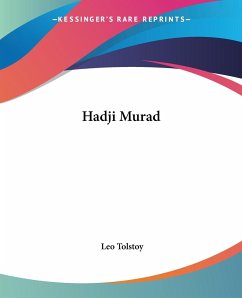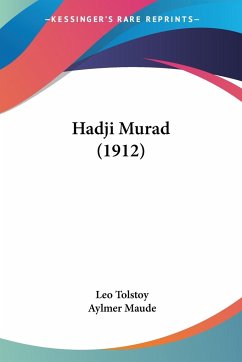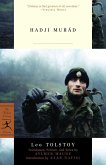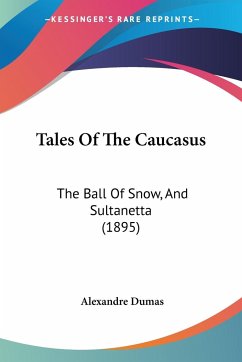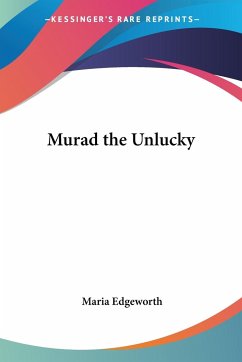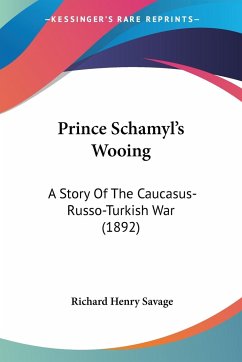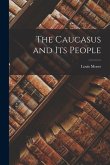Hadji Murad is a novel written by the renowned Russian author, Leo Tolstoy. The book tells the story of Hadji Murad, a Muslim warrior who rebels against the Russian Empire in the 19th century. The novel is set in the Caucasus region, where Hadji Murad is forced to flee from his own people after being betrayed by his fellow tribesmen. He seeks refuge with the Russians, who he had previously fought against, and forms an unlikely alliance with them.The story follows Hadji Murad's journey as he navigates the complex political landscape of the time, where alliances shift and loyalties are tested. The novel explores themes such as betrayal, loyalty, and the struggle for power.Tolstoy's writing style is characterized by his vivid descriptions of the landscape and the people of the Caucasus region. He captures the essence of the culture and traditions of the Muslim people, while also highlighting the brutality of war and the impact it has on individuals.Hadji Murad is a compelling novel that offers a unique perspective on the conflict between the Russian Empire and the Muslim tribes of the Caucasus. It is a must-read for anyone interested in Russian literature, history, and culture.This Hadji Murad was Shamil's naib, famous for his exploits, who used never to ride out without his banner and some dozens of murids, who caracoled and showed off before him. Now wrapped in a hood and burka, from under which protruded a rifle, he rode, a fugitive with one murid only, trying to attract as little attention as possible and peering with his quick black eyes into the faces of those he met on his way. -- Note: Tolstoy's last novel.This scarce antiquarian book is a facsimile reprint of the old original and may contain some imperfections such as library marks and notations. Because we believe this work is culturally important, we have made it available as part of our commitment for protecting, preserving, and promoting the world's literature in affordable, high quality, modern editions, that are true to their original work.
Hinweis: Dieser Artikel kann nur an eine deutsche Lieferadresse ausgeliefert werden.
Hinweis: Dieser Artikel kann nur an eine deutsche Lieferadresse ausgeliefert werden.
